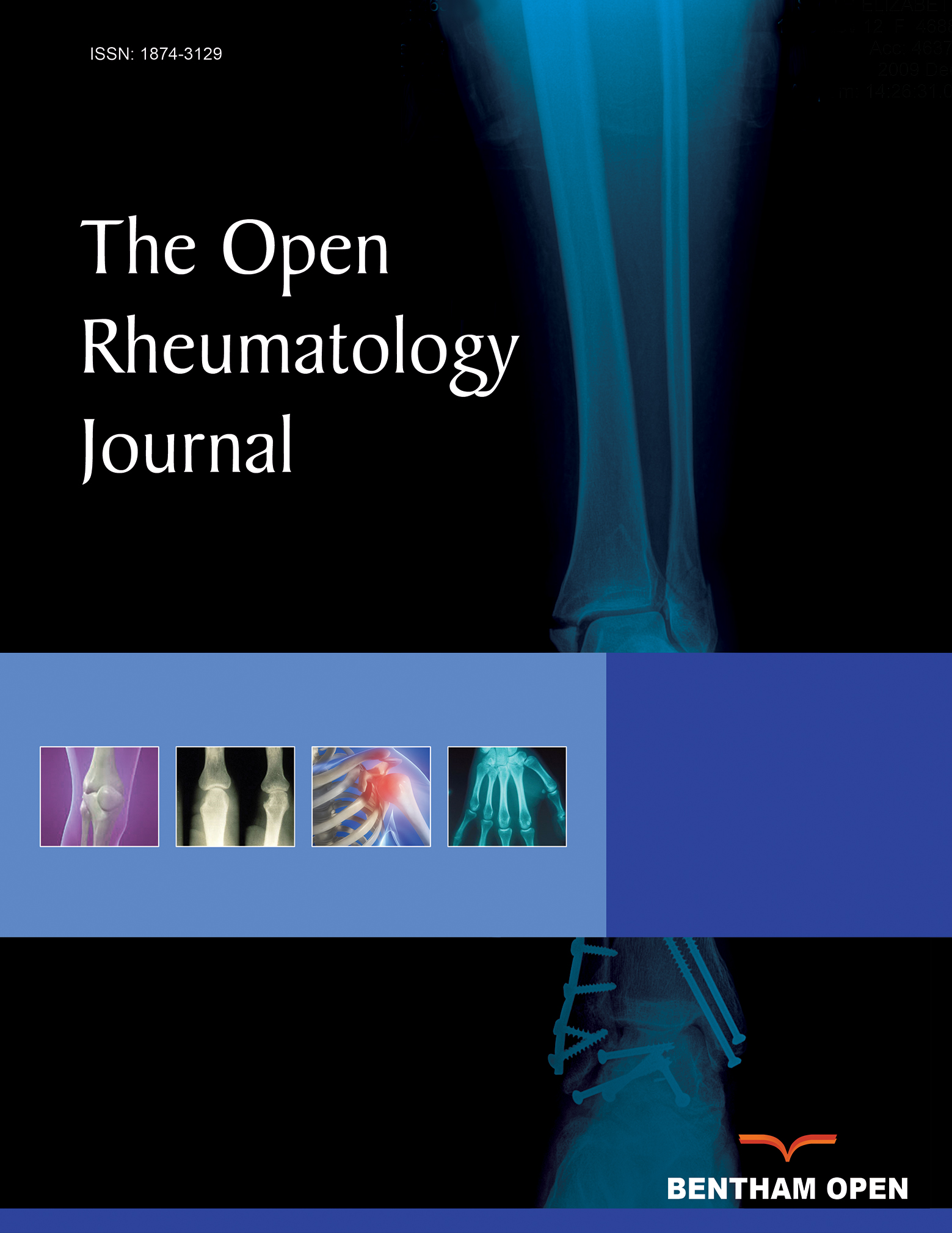All published articles of this journal are available on ScienceDirect.
Concomitance of IgM and IgG anti-dsDNA Antibodies Does Not Appear to Associate to Active Lupus Nephritis
Abstract
Previous reports proposed that the IgM anti-dsDNA antibody is protective for lupus nephritis. In this cross-sectional study, we aimed to compare clinical features of systemic lupus erythematosus (SLE) patients positive for IgG anti-dsDNA alone with those presenting both IgG and IgM anti-dsDNA. Anti-dsDNA antibodies, urinary examination and complement levels were assessed in the day of appointment. IgG and IgM anti-dsDNA antibodies were detected by indirect immunofluorescence. Fifty-eight SLE patients (93.1% female, 81% European-derived, mean age 42.8±14.7 years, mean duration of disease 10.9±8 years) positive for IgG anti-dsDNA entered the study. Of those, 15 were also positive for the IgM anti-dsDNA isotype. The group with both isotypes showed significant less frequency of active nephritis (sediment changes and proteinuria) when compared to patients with IgG anti-dsDNA alone (6.7% versus 34.9%, p=0.046). These data suggest a nephroprotective role for IgM anti-dsDNA and a distinct biologic behavior for this isotype in SLE.


